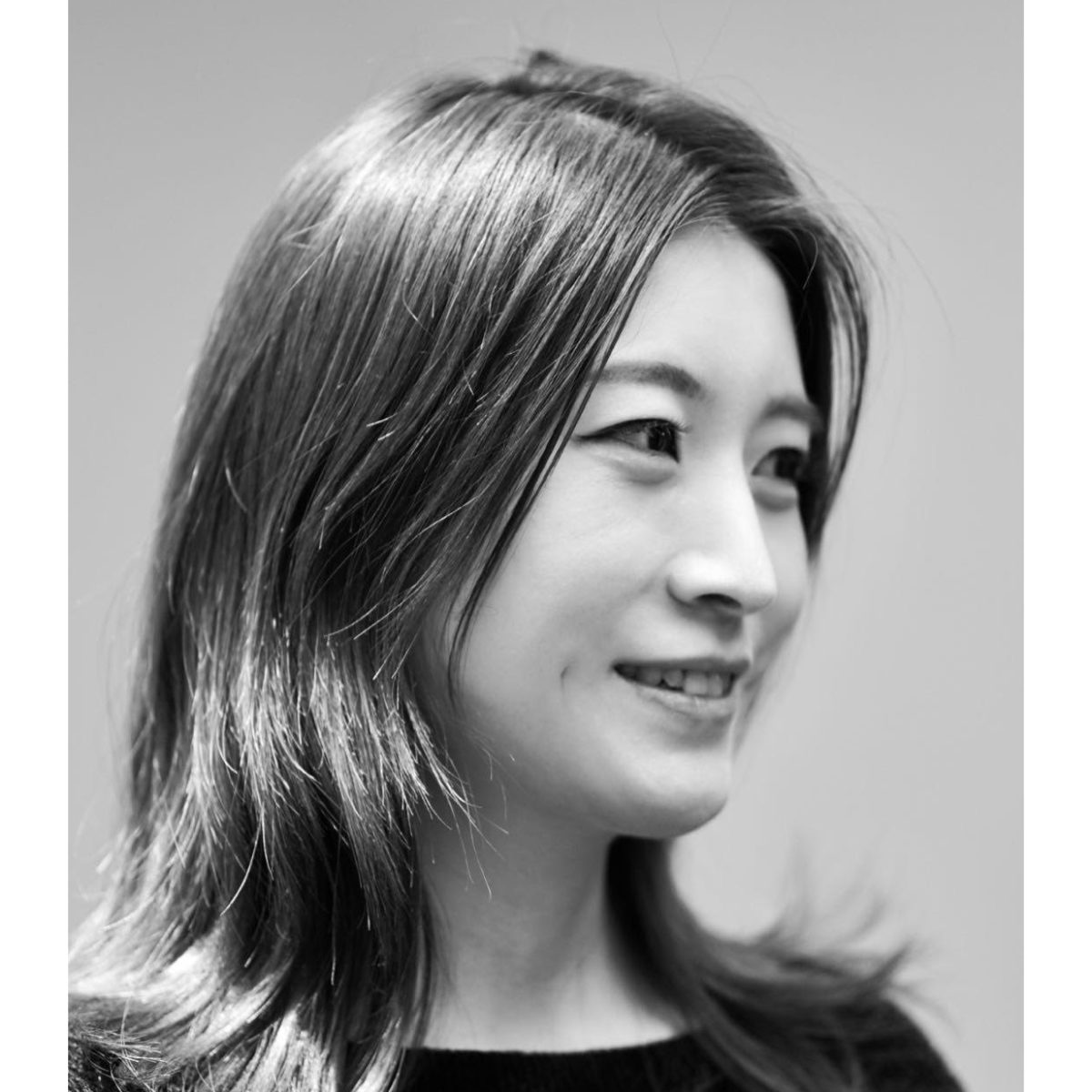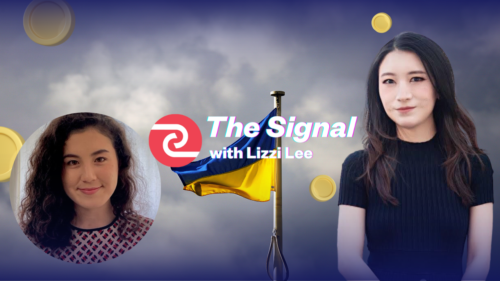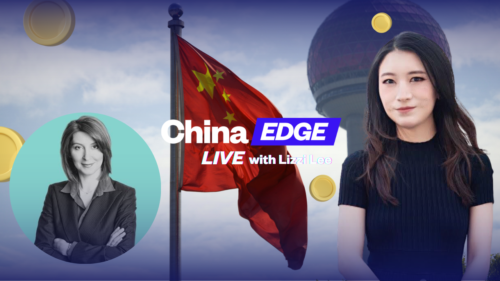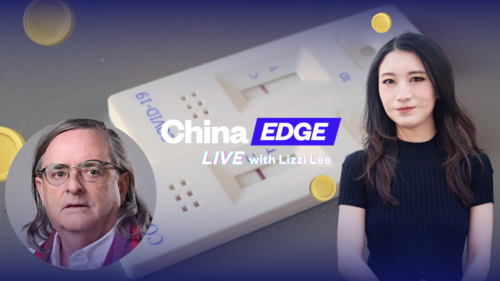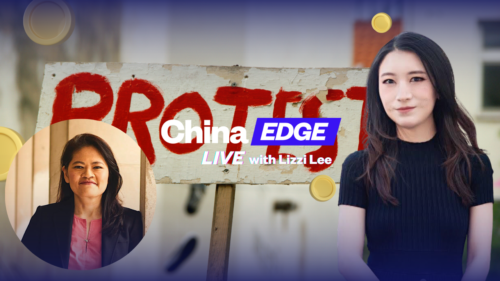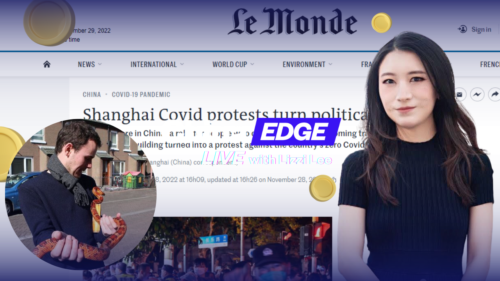The hidden story behind Xi Jinping | Live with Lizzi Lee
Who is Xi Jinping and what does he want? Stefan Aust and Adrian Geiges unravel the story behind the rise of China’s most powerful leader since Mao, Xi’s ultimate ambition, and what that means for China and the world.
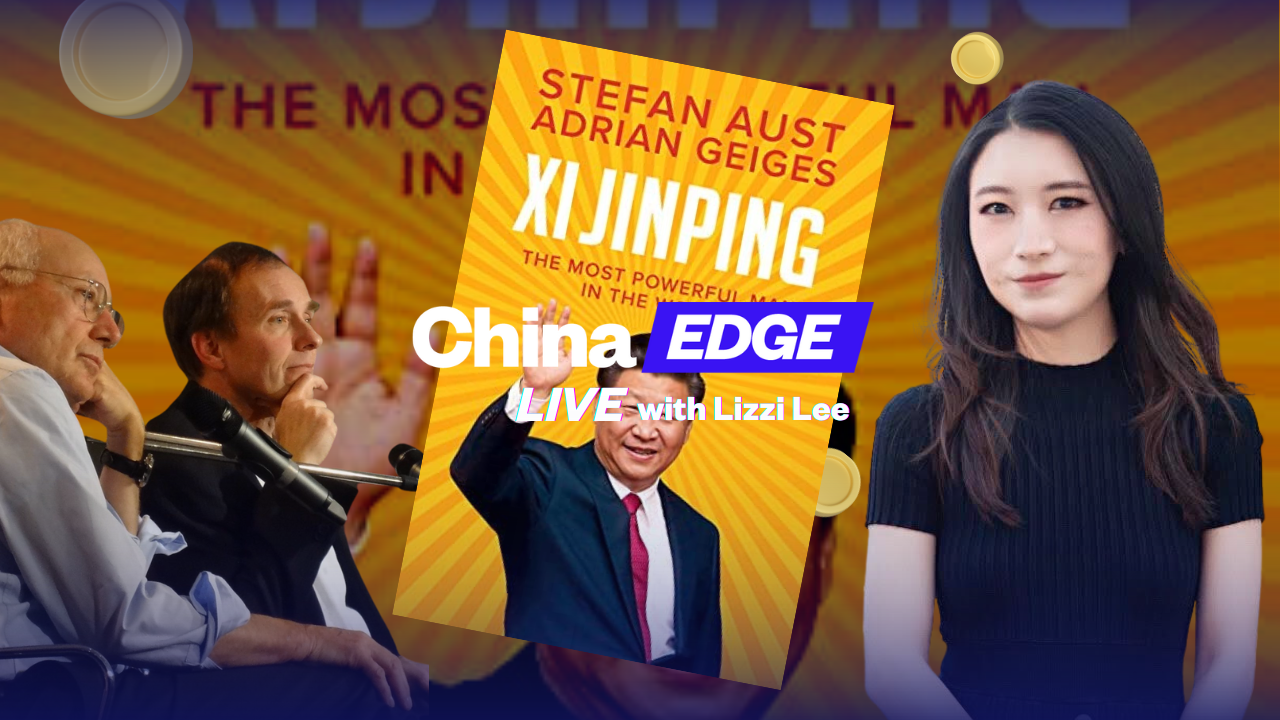
In this episode of Live with Lizzi Lee:
Stefan Aust and Adrian Geiges, authors of the new biography Xi Jinping: The Most Powerful Man in the World, discuss previously unknown details behind the rise of Xí Jìnpíng 习近平, and what we might expect if — or, more likely, when — he secures an unprecedented third term as the nation’s leader at the 20th Party Congress.
Below is a transcript of the video:
Lizzi: Joining me today are the authors of a new book Xi Jinping: The Most Powerful Man in the World, Adrian and Stefan.
Stefan: Thank you for having us.
Lizzi: So, Stefan, I’m going to start with you. Why is there so little that’s known about Xí Jìnpíng 习近平 in the Western media prior to the publication of your book?
Stefan: Well, that’s exactly why we decided to write this book. There are a lot of books about Donald Trump and Obama. We had been surprised that there was nothing about Xi Jinping, at least not an extensive biography telling his life story, his background, or his family.
And I think it is because a lot of people in the West have not understood yet the enormous shift happening in the world, that the United States and Europe, and not the center of the world anymore. Don’t tell anybody, but I think this is the reality.
You may start with the title of our book, Xi Jinping: The Most Powerful Man in the World. Many Americans still believe that the U.S. president is the most powerful person in the world. Maybe he thinks that himself. But this is not the case anymore. Both Biden and Trump governed a deeply divided country.
And on the other hand, Xi Jinping has absolute power in a country that is economically getting more and more even to the United States. Believe it or not, hope it or not, but I think reality has changed, that the middle point of the world goes to the east.
Lizzi: Adrian, I’m going to turn to you for the next question. The book really tries to get inside the head of Xi Jinping, one of the world’s most mysterious and powerful leaders, as Stefan just said. Without giving out too much detail about the book. Can you share one or two of your key discoveries with our audience? Why do you think Xi Jinping is the most powerful man in the world?
Adrian: Sure. I mean, first, I have to say we found a lot of details which are not just so well known to most people in the world. People familiar with China may know that Xí Zhòngxūn 习仲勋, the father of Xi Jinping, was a victim of the Cultural Revolution, even before the cultural revolution. In 1962 he lost all his possessions. He was put under house arrest, then tortured and put into prison. Maybe some people know this, but we found a lot of other details like, for example, that Xi Zhongxun, the father, had much more liberal views than Xi Jinping has now.
When the Dalai Lama in 1954 studied in Beijing, Xi Jinping’s father was the contact person for the Dalai Lama. And then again, after the opening up and in Deng Xiaoping’s time, when they started again talking to the Dalai Lama, Xi Zhongxun was the contact person to talk to the envoy of Dalai Lama, was wearing the watch which the Dalai Lama had presented to him. So there are a lot of interesting details about the family.
But to come back to your question, what makes him so powerful? He’s a strong believer in communism. And for Xi Jinping, a big shock was the fall of the Soviet Union and of socialism in East Germany and other Eastern countries. And so he decided to have this stronghold on power. He also decided to be much stronger on the global stage.
For Dèng Xiǎopíng 邓小平, it was more like to keep a low profile and to look at what the others are doing. But now Xi Jinping really has the aim, to break the power of the United States and to change the world order. He’s aligning with Putin. Yeah, this is a big change.
Lizzi: As you mentioned, there’s a chapter in your book which has many details about the persecution of Xi Zhongxun, his father during many of Máo [Zédōng’s 毛泽东] political purges of rivals. I wonder why has that period of family trauma, which inflicted much pain on Xi Jinping himself, made Xi Jinping a more devoted believer in the party and its apparatus, rather than the opposite?
Adrian: It’s a very good question. His family suffered a lot and his sister even committed suicide. But he decided he does not want to have the same fate as his father. And he decided he doesn’t want to be a victim of the power, but he wants to be the power himself. He decided to take Mao Zedong as his role model, and he decided to become redder than red.
Lizzi: Stefan, I wanted to turn back to you a little bit and talk about the broader themes of the book. From where I am, which is the United States, it seems like U.S.-China relations are locked in this antagonistic stalemate over almost everything from economics, technology, national security to ideology. And to many U.S. business leaders, China has lost its luster- even to the business community.
I wonder if you can tell me a little bit more about the view from Europe. How are things going? Has Europe changed its view on China?
Stefan: Well, Europe is waking up now because we see with the Ukraine war that big impact the dependence on Russian gas has for our life and our economy. Our dependence on China is much bigger. German car companies like Volkswagen, Daimler, the BMW, they sell almost 50 or 40% of their cars to China. Siemens and BASF are similarly dependent. So, we are very dependent on our relationship with China, and I don’t think that we are able or willing to stop it. And why should we do that?
But I think when you see that a country is growing so fast and is getting so strong, you must realize that these are businessmen. And then you have to be a businessman yourself. You don’t have to believe everything. But I think you have to see that you can get around with them and to be, in a certain way, more independent than we have just been.
During the last months and the Ukraine war, you can see that the whole world is changing at a speed we did not expect during the last decades. And we do not really know how this will end, whether it will end in a never-ending war, or it will end in even worse things. But I think if you put it all together, we have to see that China is getting stronger every day and every year, and we have to see why this happens.
And at the same time, we are not looking into the future too much. You never know and we don’t know either. I don’t even know if Xi Jinping knows what the future will bring, because the development of China during the last decades was because they opened the country, that is, they opened the country for the global economy.
In the beginning, China was a working bench for the world. Now they want to change that, which I do understand, that they just don’t want to produce things for the rest of the world but want to produce for their own market and want to develop themselves.
This is definitely true. But on the other hand, you can see that Xi Jinping is closing the country again, closing it up and building a new Chinese wall around it. And whether this will be good for China and for the rest of the world, I have my doubts, because the history of China during the last decades shows that opening is the way to the future. If you close it down, I’m not sure. Maybe you will get into troubles as other countries will do.
Lizzi: Thank you so much, Stefan. So Adrian let me turn back to you. We are at this crucial moment. We are just two weeks away from the 20th Party Congress scheduled to take place in less than two weeks.
What major changes, if any, do you expect Xi Jinping to take after this party congress, and in his third term?
Adrian: Of course, we are not fortune tellers, but what can be said for sure that if he gets the third term and everybody is expecting this, then, for example, about the zero-COVID policy, he will be free to decide what he wants.
So, he may declare victory in the war against COVID and may lift the limitations, which would be a good thing, actually, for China and for the world. But he also might do the opposite.
What is a more complicated point is what he will do about Taiwan. Because he is under some pressure. Now, a lot of people in the interviews for the book told us that he wants to solve this unification problem during his time in office, with the idea of “one country, two systems.” But after Xi Jinping destroyed “one country, two systems” in Hong Kong, nobody will believe him.
In Taiwan, though, the only way he can do this is by law. And there are two options. He can wait until he is economically stronger through the Made in China 2025 project and through the dual circulation, which makes China less dependent on the outside world.
But he might also think that the best moment is now, because now the world is in turmoil. There is a war in Ukraine. The United States and especially Europe are busy with the war in Ukraine. And he might think that now is the best moment. So we might wake up any day after the party conference with the bad news.
Lizzi: Right. And Stefan, as Adrian just said, we are not in the business of fortune telling, but your book does conclude with a prediction or a warning, rather. “Xi Jinping is no longer interested in following examples set by others. He wants to put his own mark on China and on the world.” I wonder if you can elaborate more on your vision of Xi Jinping’s ultimate ambition.
Stefan: Well, he speaks very openly about this: In 2049 when the People’s Republic of China is 100 years old, China shall be the leading country in the world.
The New Silk Road, officially called the Belt and Road Initiative, shall give him international influence, and he personally wants to be the person who reaches this goal.
He is very ambitious, but ambitious people can be dangerous, as we know from history. But on the other hand, you can see during this time of the Ukraine war that the power of the world is changing a lot.
One year ago, less than one year ago, we got more than 50% of all our national gas from Russia. Now we are getting nothing from Russia. And Russia is obviously on the way to selling their energy and whatever they have to China. So I think it will be a very, very big position if really Russia and China move together as it seems like now.
